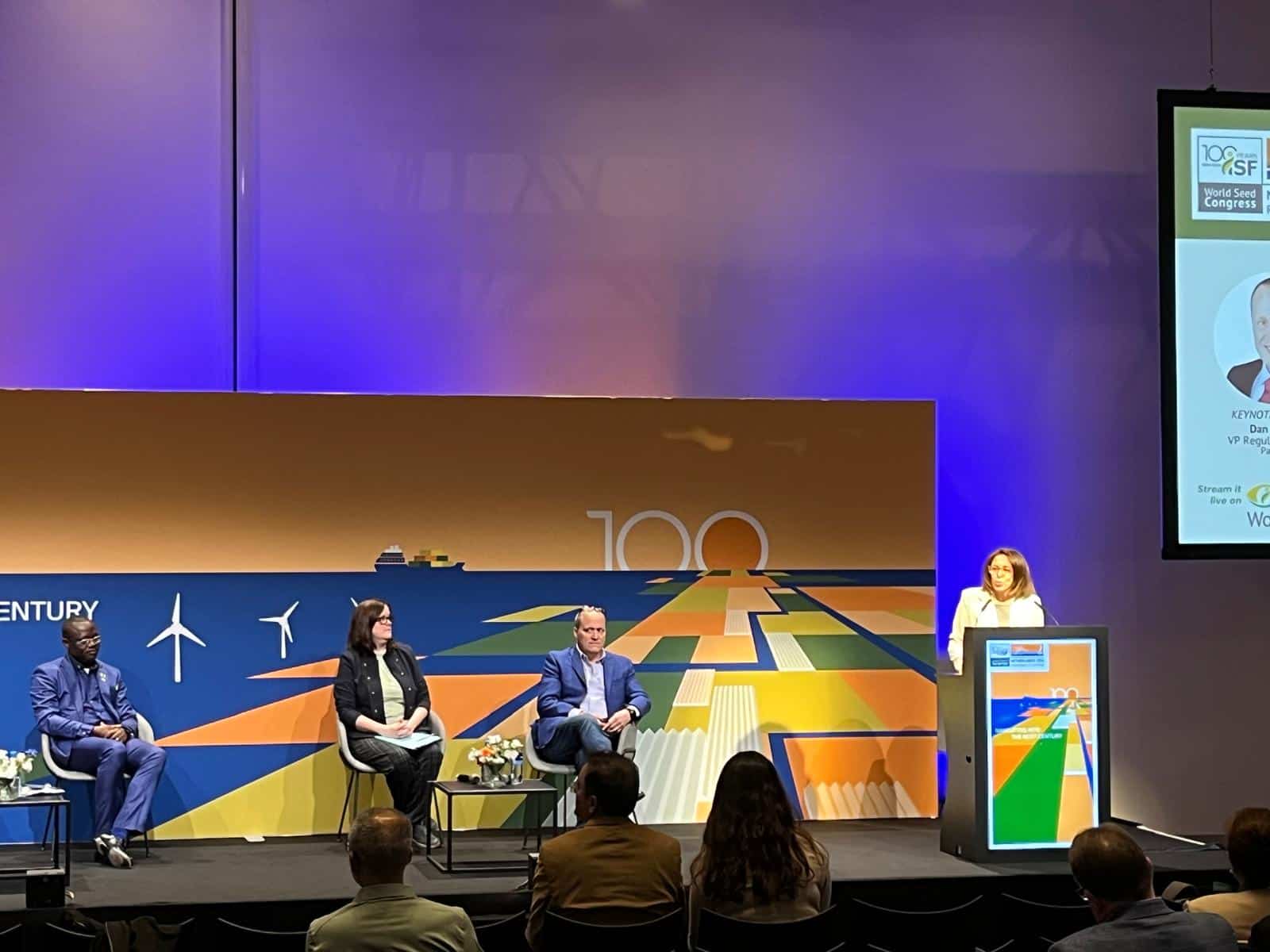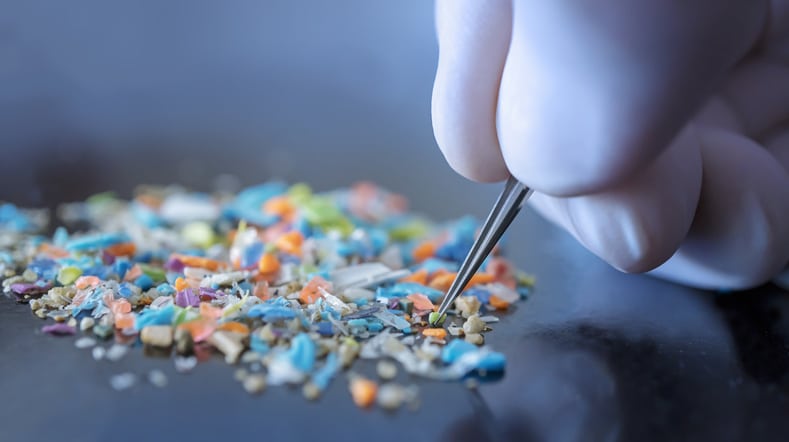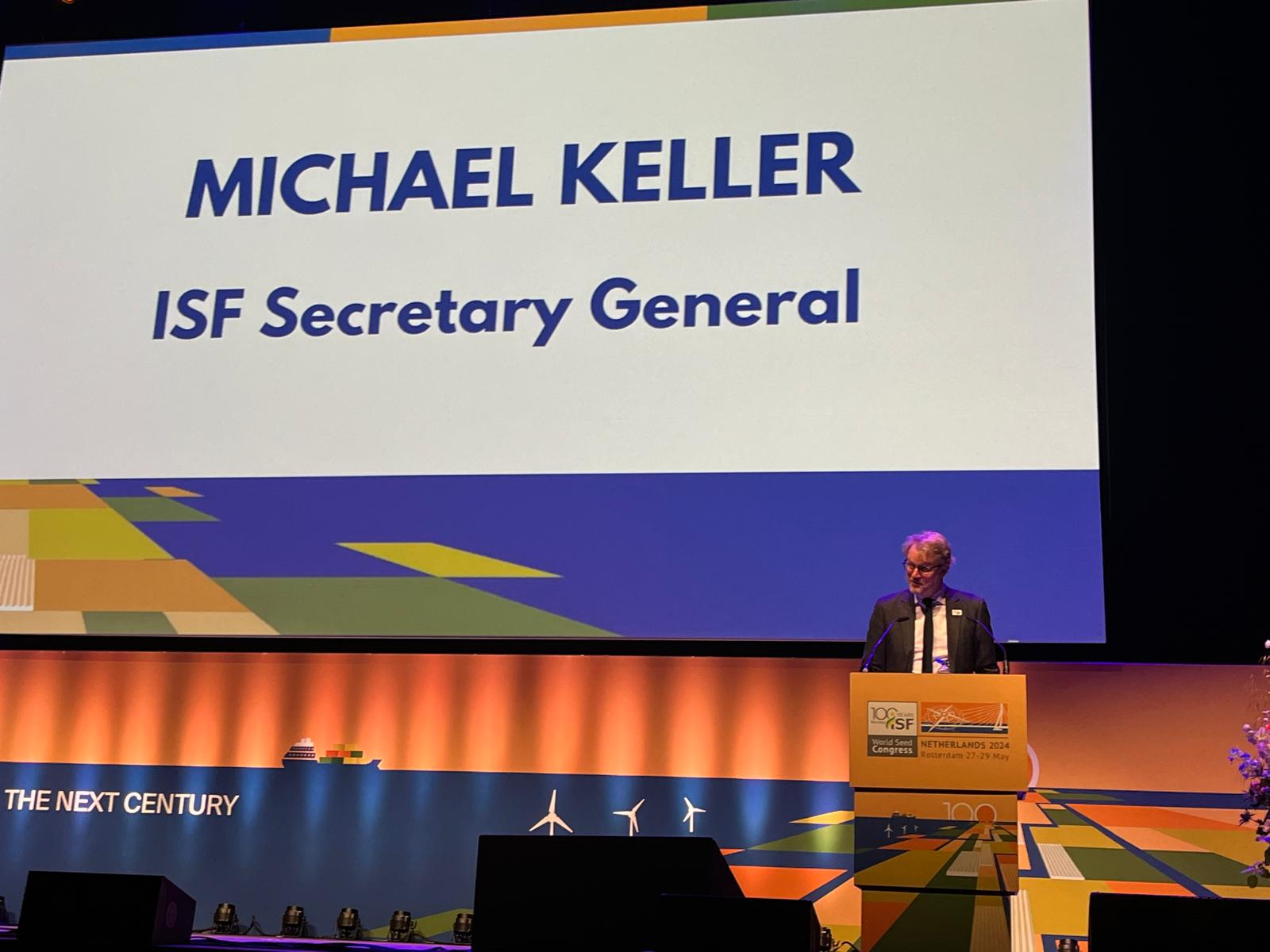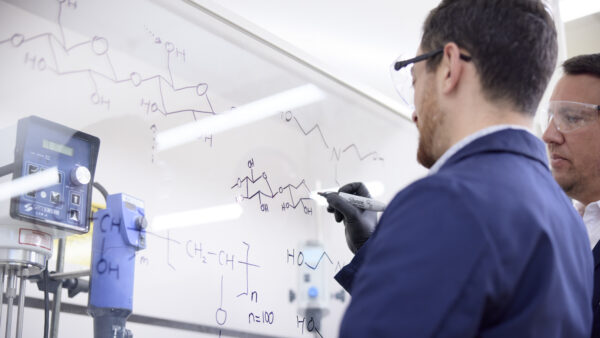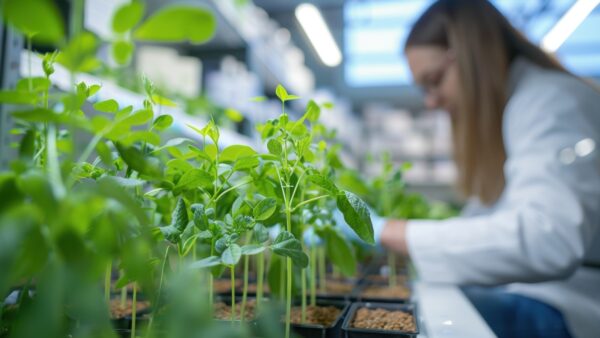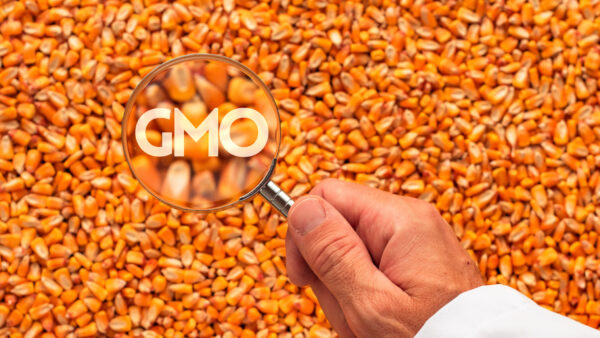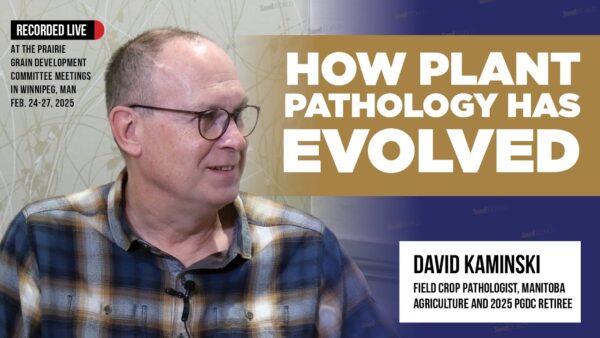Day 2 of the World Seed Congress in Rotterdam continued to impress with a packed schedule of speakers tackling a wide range of issues of note. Some of the most notable sessions of the day included:
Unlocking the Full Potential of Plant Breeding Innovation Across Frontiers
Genome editing in plant breeding shows promise in addressing global challenges in the food system transformation by enhancing seed resilience, productivity, and nutritional value. Despite its potential, the diverse regulatory approaches across frontiers create a complex and uncertain environment for researchers, farmers, and industry stakeholders, influencing the trajectory of innovation and the seed industry as a whole. This situation hinders international collaboration, potentially increasing compliance costs, and impeding the global trade of vital agricultural resources, thereby affecting food security and agricultural sustainability. This session brought together experts from both the public and private sectors to discuss the multifaceted landscape surrounding genome-edited crops and food, addressing the scientific rationale and regulatory controversies that have influenced global discourse. The speakers dug into one key question: How can we ensure that these innovations promote inclusivity, support farmers, and contribute to global food security without exacerbating existing inequalities and trade? Speakers included Dan Jenkins, VP Regulatory Affairs, Pairwise; Klaus Berend, Director DG Health and Food Safety, EU commission; Janet Talling, Head of Genetic Technology Policy, DEFRA, UK; Alexandre Nepomuceno, General Head, EMPBRAPA Brazil; Krista Thomas, VP Trade Policy, Seed Innovation, Canadian Grain Council; and Olalekan Akinbo, Technical Lead – Genome Editing Program, African Union Development Agency – NEPAD (AUDA-NEPAD). The session was moderated by Jean-Paul Judson from Nowmore.
Addressing Microplastics in Seed Treatments
Microplastics in seed treatments and their environmental impact are pressing issues for the seed industry as they intersect with global efforts to reduce microplastic pollution. The International Seed Federation statement highlights the benefits of seed treatments for sustainable agriculture but also acknowledges the environmental concerns related to microplastics. While there aren’t easy answers to the challenge of microplastics, the seed sector is moving forward in innovative and environmentally beneficial ways. Speakers in this session included Rob Pronk, Incotec; Rob Gaffney, BASF | Nunhems; and Bert Compaan, Bejo Zaden B.V. The session was moderated by Claire Taylor. Note: if you’d like to read more about the ISF’s statement on microplastics and about how the seed industry is tackling this important topic, check out a recent in-depth piece in Seed World U.S. here.
The Role of the Seed Sector in the COP28 Emirates Declaration on Sustainable Agriculture, Resilient Food Systems, and Climate Action
The COP 28 Emirates Declaration on Sustainable Agriculture, Resilient Food Systems, and Climate Action represents a landmark commitment by over 150 countries to better align global efforts on agriculture and food systems with climate action. As the starting point of food production, the seed sector has a key role to play in the implementation and monitoring of the Declaration. After COP 28 and ahead of COP 29&30 and other international events, the challenge for the seed sector is to make sure that quality, improved seeds are included in important discussions and that the declaration will lead to a real impact among farmers on the frontline of climate change
This session’s speakers included Saskia Nuijten, Chief Brand & Communications Officer, EIT Food; Kelly Racette, Sustainability Scientist, Agriculture & Food Systems, The Nature Conservancy (TNC); Frank Gbaguidi, Non-resident expert, Global Food & water security program, CSIS / UNFCCC support; Jorge Fernández Vidal, Head of Agriculture & Food Investments Liechtenstein Group/RiceTec; and – for concluding remarks – Jason Allerding, Chair ISF Coordinating Group – Environment and Social Responsibility. The panel discussion was moderated by Jean-Paul Judson.
Innovative Public-Private Partnerships for Development: What are the Bottlenecks and Opportunities?
Seed sector development in the Global South has been on the agenda for decades, and several initiatives and programs have been put in place by a wide range of stakeholders from governments, private sector, and civil society. While there is improvement, the overall situation demands more attention in the face of challenges like a growing population, climate change, and the need for more sustainable solutions for agriculture. In all these efforts, the goal is clear: to improve the livelihoods of smallholder farmers by providing them with seed choice. In this panel, the speakers analyzed what, among all the parallel initiatives in different parts of the world, has worked on the ground, what has not, and why. What more can be achieved together? The session started with a keynote address by Sonja Vermeulen, Managing Director of Genetic Innovation, CGIAR. It then continued in a panel discussion format with panelists including Willem Schoustra, Director, Seed NL; Arnold Puech d’Alissac, President, World Farmers Organization; Abdulrazak Ibrahim, Cluster Lead Specialist, FARA; Andrew Mushita, Head, CTDT (Community Technology Development Trust) Zimbabwe. The session concluded with remarks from Philippe Lesigne, Chair ISF CG Market access and Trade. The session was moderated by Simone van Trier.


